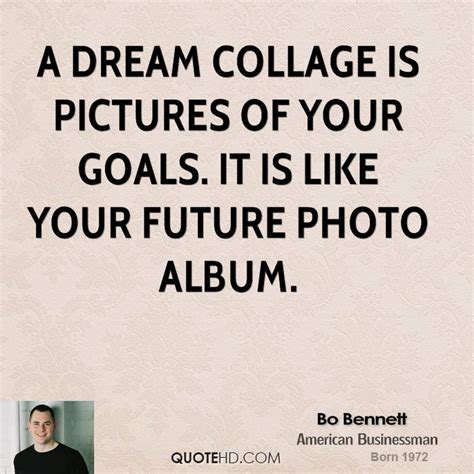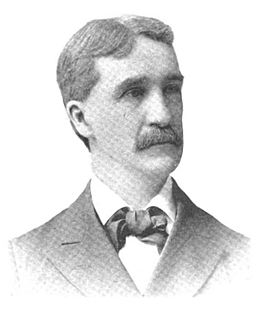A Quote by Ayn Rand
It is easier to donate a few thousand to charity and think oneself noble than to base self-respect on personal standards of personal achievement.
Related Quotes
It's easy to run to others. It's so hard to stand on one's own record. You can fake virtue for an audience. You can't fake it in your own eyes. Your ego is your strictest judge. They run from it. They spend their lives running. It's easier to donate a few thousand to charity and think oneself noble than to base self-respect on personal standards of personal achievement. It's simple to seek substitutes for competence--such easy substitutes: love, charm, kindness, charity. But there is no substitute for competence.
To deny one's self, to take up the cross, denotes something immeasurably grander than self-imposed penance or rigid conformity to a Divine statute. It is the surrender of self to an ennobling work, an absolute subordination of personal advantages and of personal pleasures for the sake of truth and the welfare of others, and a willing acceptance of every disability which their interests may entail.
By what you decide to put on your body, for example, you're already making a personal judgement. That's an incredible thing that happens...we set our own standards even before we walk out the door. Most of the time, those standards are self insulting. Most of the time we belittle ourselves, because we can't have the things we think we're suppose to have. That's what we've bought into.
Dysfunctions can occur in each of the self-regulatory subfunctions-in how personal experiences are self-monitored and cognitively processed, in the evaluative self-standards that are adopted, and in the evaluative self-reactions to one's own behavior.. Problems at any one of these points can create self-dissatisfactions and dejection. dysfunctions in all aspects of the self system are most apt to produce the most chronic self-disparagement and despondency



































